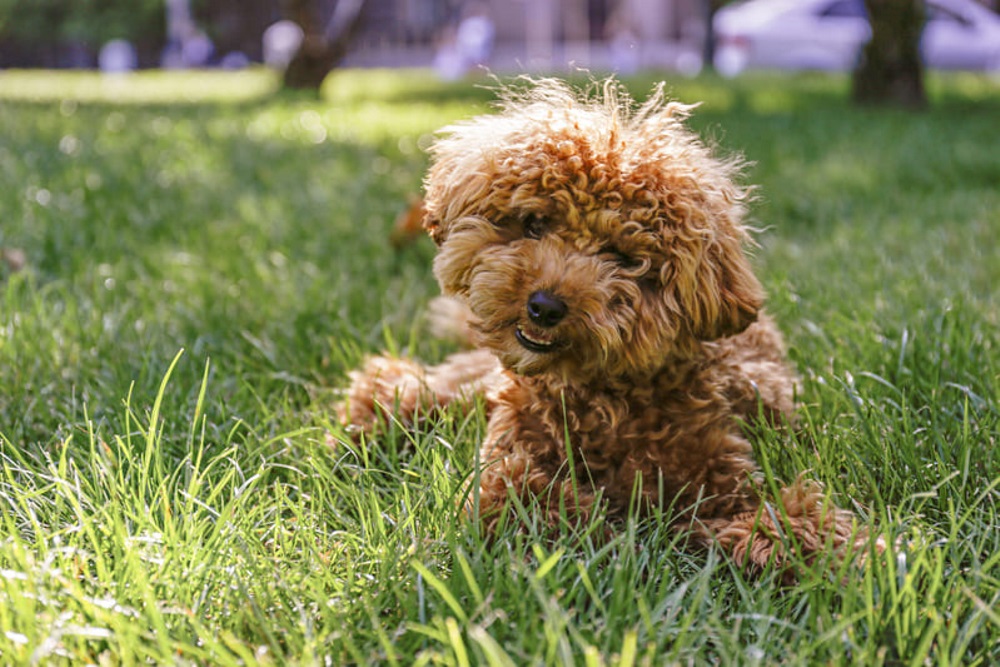Dog foods, what can and can't they eat.
Foods that have health benefits for dogs
Apples
Apples are a fantastic addition to your dog’s diet. That is, after you’ve removed the core and seeds. Apple seeds contain traces of cyanide in large amounts, so an immediate danger is unlikely, but it’s always best to err on the side of caution. Apples make a healthy snack, especially for older dogs, as they are high in vitamins A and C and low in protein and fat.
Blueberries
Blueberries are also superfoods in the canine world as they’re packed with antioxidants, which can prevent cell damage. They also contain phytochemicals and fibre – these nutrients support your pooch’s overall health and immune system.
Watermelon
Who can say ‘no’ to this refreshing fruit? Especially during the warmer months, a watermelon snack is a delicious and healthy way to stay cool and hydrated (yes, even for dogs, too). Watermelons are packed with nutrients such as vitamins A, B6 and C. They’re also 92% water, making watermelons the perfect fruit for a pupsicle. Just be sure to remove the rind and seeds first.
Foods that are safe for dogs in moderation
Bananas
As healthy as it is for humans, bananas are a “sometimes” food for dogs. They’re a great treat as they’re low-calorie and high in potassium, vitamins, biotin, fibre and copper. However, they shouldn’t be part of your dog’s main diet because of bananas’ high sugar content.
Mangos
Mangos are high in fibre, proteins, and minerals. They’re also known to alleviate the symptoms of diarrhea and constipation in small amounts. However, because mangos are high in sugar content, you should only give mangos as a treat to your dogs in moderation. Be sure to remove the skin and pit before sharing.
Foods that are harmful to dogs and should be avoided
Avocados
If you’re having avo on toast, best to keep them to yourself. Avocados contain persin, a fungicidal toxin that can cause vomiting, diarrhea, and myocardial damage (or heart attack) in dogs. If taken in large amounts, it can even lead to death.
Grapes
Now, this is a big no-no. Fresh and dried grapes (raisins), in small or large amounts, are dangerous to dogs and can cause their kidneys to fail. These also include other foods containing grapes like jam, juice, wine, sorbet, salad, and the list goes on. Signs of grape poisoning include loss of appetite, diarrhea, excessive thirst, vomiting, weakness, lethargy, bad breath, dehydration, increased urination at first, and then decreased urine production when the kidneys start to shut down. If your dog has ingested grapes, seek veterinary help immediately.
Cat food
Caught the dog in Fluffy’s bowl again? In small amounts, it shouldn’t do any harm, but it can cause significant health problems if a dog were to eat cat food over an extended period, causing illnesses such as pancreatitis, gastrointestinal upsets, musculoskeletal problems, and dental health issues. Cat food is formulated to meet a cat’s dietary needs. Being carnivores, cats require a high-protein, meat-based diet; whereas dogs are omnivores, and they need a balanced diet of meat and vegetables.
At Vets Choice, we’re all for being careful when it comes to feeding food other than dog kibble to our canine companions. If your pet has accidentally eaten something they shouldn’t and you’re not sure how they might react, we’d strongly advise that you visit your local vet as soon as possible.


